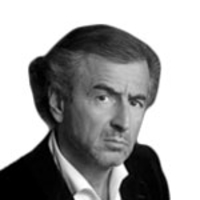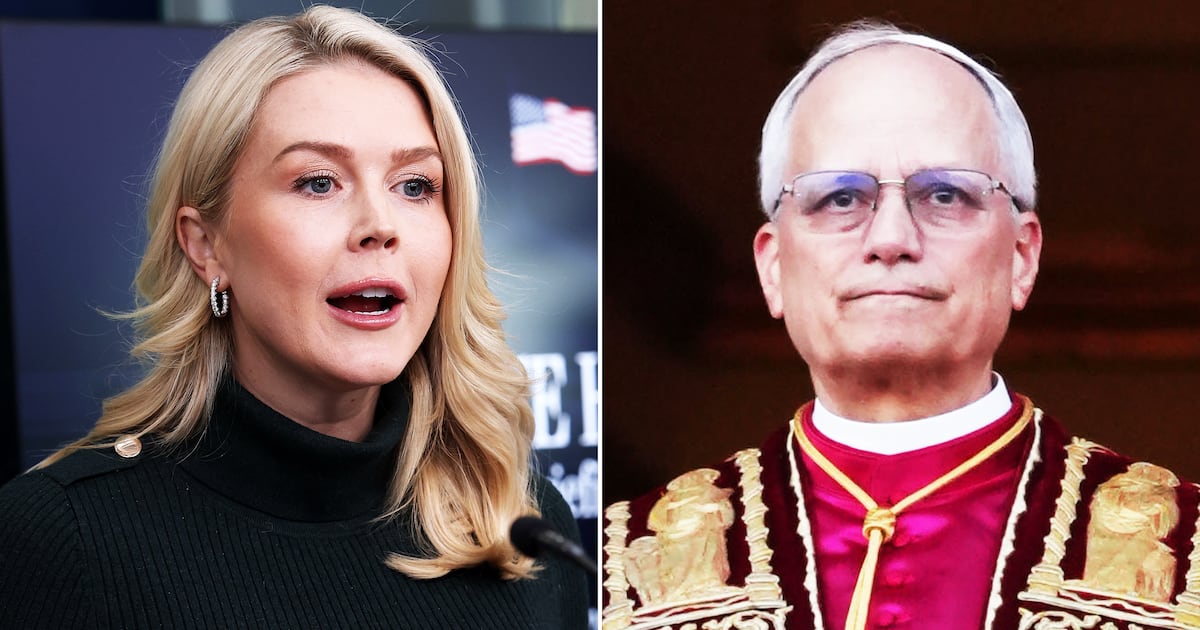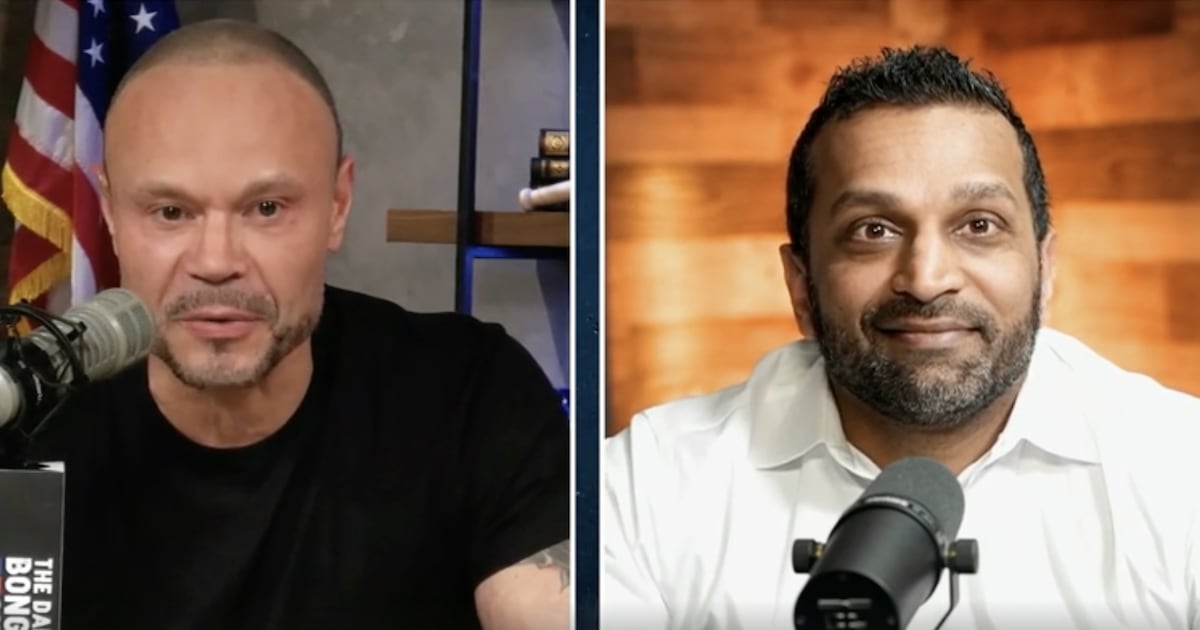Thirteen years ago The Atlantic published an article of mine entitled “A Black Clinton” in which I predicted that a certain Barack Obama, then an Illinois state senator, would be elected president of the United States.
And now in the same magazine, 13 years and two terms later, journalist Jeffrey Goldberg offers a first look back at what in all probability will remain the most controversial part of the legacy and doctrine of the 44th president of the United States: his foreign policy.
Goldberg’s text is not, contrary to what has been said here and there, an interview with Barack Obama.
It is, to use the American term, a long, learned essay peppered with excerpts from conversations that the author has had over the years with the president and his collaborators, with his foreign counterparts, and with keen observers of his two terms.
But although it is not an interview it nevertheless provides, on the subject of key moments of an era that is drawing to a close, decisive information not likely to be altered in the touchups that inevitably will be made to the presidential portrait.
We learn, for example, that the president is proud of the infamous about-face that led him, on Aug. 30, 2013, to the stupefaction of his allies and the world, to decline to punish Bashar al-Assad for crossing the red line of chemical weapons use that Obama himself had drawn.
We sense how deliberately, through an admixture of force and selective abdication, he invited Russia back into the great game of a region from which Henry Kissinger had almost totally eliminated its influence 40 years previously.
On the subject of abdication, we see him (with a hint of uncustomary vulgarity) blithely unloading onto his allies former French President Nicolas Sarkozy and British Prime Minister David Cameron what he considers to be the failure of the international intervention in Libya.
Ukraine exposed to Putin’s adventurism and aggression appears never to have represented, in his eyes, a true threat to the security or the interests of the United States.
We get the idea that it is on his enormous and very risky Iranian bet, on the geopolitical gamble represented by the tilting of U.S. policy toward the Shiite world, in his choice of the Islamic Republic of Iran over the more honorable of the country’s traditional Sunni allies (such as Abu Dhabi), that this president, otherwise so cautious, has staked his legacy.
In this long article can also be discerned the outlines of an answer to a more general question that commentators have been asking for eight years.
And that is whether the current president of the United States, in his relations with the rest of the world, will be remembered as a pragmatist or an idealist, as an interventionist or an isolationist, as an internationalist by doctrine or one only by self-interest?
Rephrasing the question in the categories of political scientist Walter Russell Mead, will he have been a Jacksonian president who intervenes in foreign theaters only in cases of emergency or legitimate defense? A Hamiltonian whose diplomatic choices are guided solely by commercial interests and the country’s broad economic interests? A Jeffersonian who rejects under any circumstances any excursion outside his home turf? Or rather a Wilsonian who believes that American’s values, message, and credo should be made universal?
In Goldberg’s telling, Obama appears as the embodiment of a more-or-less deliberate melding of the four foregoing tendencies.
Or, if you prefer, as the exponent of a new conception of power in which the assessment of what can be done ends up trumping (I was tempted to say limiting or paralyzing) what should be done.
All of this will have to be revisited.
Goldberg’s governing hypothesis of the necessarily Asian tilt of a president born in Hawaii, raised there and in Indonesia, and very naturally oriented toward the Pacific will be verified or disproved.
Scholars will test Goldberg’s other hypothesis concerning what I will call the passive progressivism of this believer in democracy who also appears to believe that it is by a purely natural process (one requiring no pushing, no forcing, and certainly no war), that the wheat will separate from the chaff, that good money will chase out bad, and that liberty ultimately will triumph over tyranny.
When all is said and done, once the formerly luminous young man who invented “leading from behind” has completed, in his relations with partners and adversaries alike, the gradual passage from the radiant “yes we can” to the more cunning “yes you will,” once he has laid the last of his cards on the table, perhaps then we will have to wonder whether that passage and the position at which he arrived were not a paradoxical form of the “democratic messianism” for which the neocons were so roundly criticized, a passive messianism, a do-nothing messianism in which one allows oneself to be borne along, but a messianism nonetheless—which would make of the self-proclaimed admirer of Bush 1 an unacknowledged twin of Bush 2.
For now, we have this mine of information and firsthand confidences, this sketch of a portrait to stand in for the as-yet-unwritten history of an era in which America either redeployed itself or, as a growing number of the president’s friends and supporters fear, betrayed itself.
Thirteen years later, honesty requires me to say that I myself have no answer to the question, but I fear the worst.






